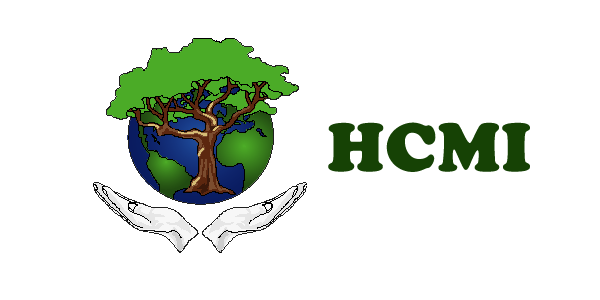
Babesia is a protozoan parasite of the blood that causes a hemolytic disease (infects red blood cells) known as Babesiosis. Over 100 species of Babesia have been identified, but only a very small number are thought to cause disease in humans. Human babesiosis is an important, emerging tick-borne disease. Babesia divergens, a parasite of cattle, has been implicated as the most common agent of human babesiosis in Europe, causing severe disease in splenectomized individuals (people missing a spleen). In the US, Babesia microti, a babesial parasite of small mammals, has been the cause of over 300 (known) cases of human babesiosis since 1969, resulting in mild to severe disease, even in non-splenectomised people.
Many people who are infected with Babesia do not have symptoms. Those who do contract Babesiosis suffer from malaria-like or lyme-like symptoms and are commonly misdiagnosed. Symptoms of babesiosis often start with a high fever and chills. As the infection progresses, patients may develop fatigue, headache, drenching sweats, muscle aches, nausea, and vomiting. Babesiosis is often so mild it is not noticed but can be life-threatening to people with no spleen, the elderly, and those with weak immune systems. Complications include very low blood pressure, liver problems, severe hemolytic anemia (a breakdown of red blood cells), and kidney failure.
Changing ecology has contributed greatly to the increase and expansion of human babesiosis in the US. A recently described babesial parasite, the WA1-type, has been shown to be the causative agent in seven human cases in the Western U.S. This parasite is closely related to babesial parasites isolated from large wild ungulates in California. Identification of human infection with Babesia will likely increase as physicians and the public become more aware of the disease; as people inhabit rural tick-infested areas; and as the numbers of immune-compromised individuals increase.
